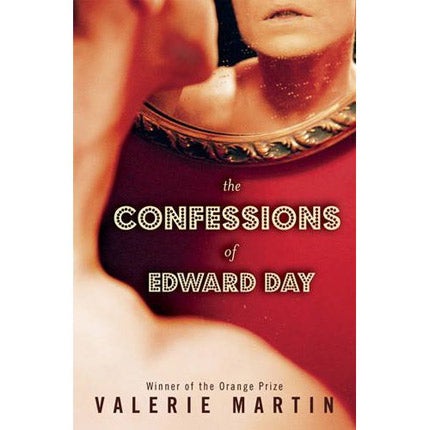The Confessions of Edward Day, By Valerie Martin
Life and love behind the scenes

The old Chinese proverb has it that when you save someone's life, you become responsible for it. This most extraordinary bond is at the heart of Valerie Martin's new novel, set in the heady world of New York theatre during the 1970s.
Edward Day is dragged from the treacherous sea off the Jersey shore one summer night by Guy Margate. Guy is attending the same house party as Ed, a gathering of ambitious young actors. Perhaps inevitably, Ed takes a strong dislike to his saviour. Not only do the two look unnervingly alike, but they are in competition for the affections of the beautiful Madeleine Delavergne.
While Guy's strange pursuit of Ed down the years give these "confessions" their dramatic backbone, the life of the theatre is the very tasty flesh. From castings to rehearsals, summer season to that first major off-Broadway part, bitchy gossip to heroic ego-massaging – and the working for tips in restaurants – the actor's precarious existence seems laid out before us.
Martin's analysis of what works on stage is entirely credible. There is a tender portrait of a female star in her forties, Marlene Webern, whom Ed tries to seduce during their run of Tennessee Williams's Sweet Bird of Youth. She is more interested in opening him out as an actor than allowing him into her bed.
There are more theatrical echoes at the climax, when Ed acts in Uncle Vanya opposite Madeleine, now married to the increasingly unbalanced Guy. Here, in a twist on Chekhov's "gun" principle ("If in the first act you have hung a pistol on the wall, then in the following one it should be fired"), the story tips over into melodrama. This is a pity, for what makes it work is the page-by-page creation of a perfectly believable love triangle – and the grease paint and spotlights that give it its overexposed setting. Actors will always be fascinating creatures to us mortals, but this hugely enjoyable novel repays that fascination with interest.
Join our commenting forum
Join thought-provoking conversations, follow other Independent readers and see their replies
Comments
Bookmark popover
Removed from bookmarks